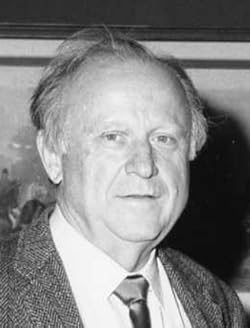
Therefore, this thesis argues that a cyborgian reading of Dune complements and augments a gender analysis of the novel because this approach incorporates an essential theorization of the reactions to technology that, according to Evans, are interwoven into the novel’s patriarchal response to women. This particular characterization of women shares many qualities with the trope of the female cyborg that becomes common in mass media science fiction of later decades.

However, the novel is ambivalent about its super-women: despite their admirable qualities, they are otherwise depicted in retrogressive stereotypes, representing the instinctual sex, naturally best limited to roles of mothers, lovers, and wives by the novel’s conclusion they are cast as villains. First published in 1965, Dune includes female characters uncharacteristic for the genre during this period due to the degree of their intelligence, formidable fighting powers, and seeming freedom from emotional weakness. These novels reveal the overlooked plant power, whether of mutant vegetal diseases, the inevitable death of all human and non-human animals without plants, or the sheer power of plant-based petroleum calories fueling our world in its drive into darkness.Įvans argues for the merits of a cyborgian reading of Frank Herbert’s seminal science fiction novel, Dune, on the basis that the novel’s particular conception of science and technology allows many of the characters to be understood as New Wave iterations of the cyborg. I consider briefly three petro-culture novels based on various ‘road trips’ that explicitly address both the long-term and massive, albeit oft-ignored, ecological power of plants whether in living vegetal form or in their rotted, processed form of petroleum products: Frank Herbert’s Dune, portraying worm ‘spice’ as a stand-in for oil Cormac McCarthy’s The Road, eliminating all energy and plant life leaving only hungry humans and Paolo Bacigalupi’s cli fi novel focusing on calories and virulent plant diseases, The Windup Girl. ABSTRACT The ‘dark green’ refers to the green plant-human relationships that undergird human cultures as well as the darkly petroleum-fueled industrialization, mass species extinctions, and strange new ecosystems in the Anthropocene.


 0 kommentar(er)
0 kommentar(er)
